Ford Admits Hybrids Fail at MPG Claims: Fix Issued

Ford acknowledged today that its hybrid fuel economy claims are unrealistic for real-world driving.
The company announced a plan “aimed at improving on road fuel economy customer satisfaction,” Ford global product development group vice president Raj Nair said today in a press conference. It asks current hybrid owners to bring their vehicles back to dealers for “enhancements” designed to improve real-world hybrid fuel economy.
Those changes include the ability to drive on electric power at up to 85 mph rather than the former 62. That, and a series of other enhancements will improve “customer satisfaction” surrounding the actual fuel economy their hybrid vehicles offer, Ford said.
Other changes include an optimized active grille shutter system to reduce drag. Nair also said Ford is speeding engine warm up times by over 50 percent to allow the engine start-stop system to operate sooner after a driver starts the car. The same tweaks will be made on vehicles being manufactured.
Ford also promised that the changes will be carried out free of charge and that they will not affect vehicle performance — something the brand says has played a key role in differentiating its hybrids from Toyota products. The C-Max offers more output than the Prius.
MPG Scandal Late Last Year
During the presentation, Nair spoke about addressing varying fuel consumption associated with hybrid vehicles in December, 2012. That month, Consumer Reports had also released its real-world fuel economy tests showing both the C-Max and Fusion hybrids returning significantly poorer than advertised fuel economy. It was a big discrepancy (the largest the consumer publication had ever recorded), and one that came shortly after Hyundai had been caught fudging its advertised fuel efficiency ratings.
Rather than the 47 MPG combined claimed by Ford, Consumer Reports returned 39 MPG in the Fusion Hybrid and just 37 MPG in the C-Max hybrid.
It wasn’t long before the U.S. Environmental Protection Agency (EPA) announced that it would begin testing to evaluate both vehicles.
“C-Max and Fusion are not going through the same process as Hyundai since the later was a case of incorrect information being submitted by the company. The Ford vehicles are undergoing overall fuel economy testing to allow for a comparison of results,” the agency said in an email.
The EPA investigation of Hyundai and Kia that ultimately lead to an embarrassing “mea culpa” by the South Korean brands began in February, 2012, after scores of complaints were filed by owners. A conclusion was finally announced 10 months later in November.
While the agency confirmed that the two tests are different, it’s hard to imagine that the results are far from being released; especially given Ford’s announcement. As of Friday, July 12, the agency maintained that its investigation was ongoing.
Ford sees Future in Hybrids
Even if the EPA ends up admonishing Ford in its report, the Detroit maker will still be pouring more resources into its electrified vehicle program.
“We’ll be increasing the employees working in electrification engineering by more than 50 percent” this year, Nair said. “We’re also investing an additional $50 million in electrified product development and testing centers.”
Increasing hybrid sales are at the heart of the decision. Ford said it is adjusting production of its Fusion-based mid-size Lincoln MKZ to allow for the hybrid variant to account for 40 percent.
“Electrified sales have been more than 46,000 units through June,” Nair said of the brand’s total portfolio. “That’s more than 400 percent higher than the same period a year ago. In fact, we’ve quadrupled electric vehicle market share, now at nearly 16 percent (15.7 percent).” Things look good.
Some Questions Still Unanswered
It isn’t clear if they will stay that way. Last week, the brand announced that it would cut the price of its struggling all-electric Focus by $4,000; a move most other manufacturers with electric cars are also making.
The EPA still has to release its findings. While it’s unlikely that the EPA findings will align with Consumer Reports completely, a significant drop could prove problematic. That will be especially true if Ford needs to adjust its advertised 47 mpg figure.
Discuss this story at FordInsideNews.com
Fusion Hybrid image courtesy of TheTruthAboutCars.com

Luke is an energetic automotive journalist who spends his time covering industry news and crawling the internet for the latest breaking story. When he isn't in the office, Luke can be found obsessively browsing used car listings, drinking scotch at his favorite bar and dreaming of what to drive next, though the list grows a lot faster than his bank account. He's always on <A title="@lukevandezande on Twitter" href="http://twitter.com/lukevandezande">Twitter</A> looking for a good car conversation. Find Luke on <A title="@lukevandezande on Twitter" href="http://twitter.com/lukevandezande">Twitter</A> and <A title="Luke on Google+" href="http://plus.google.com/112531385961538774338?rel=author">Google+</A>.
More by Luke Vandezande



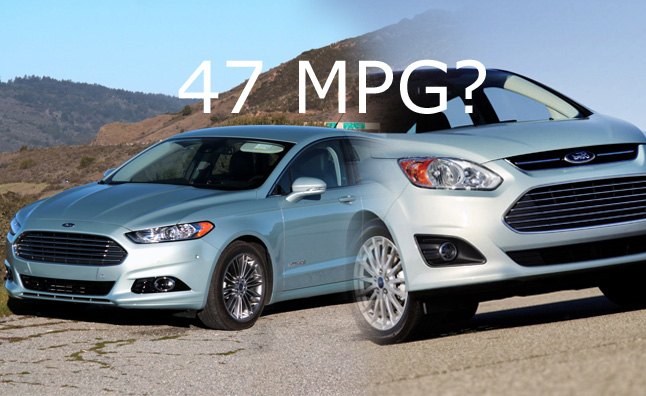






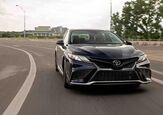





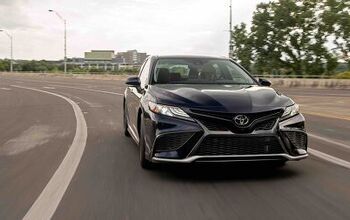

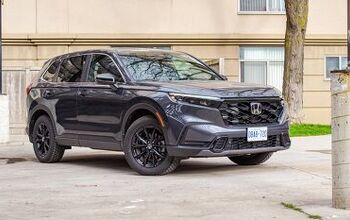
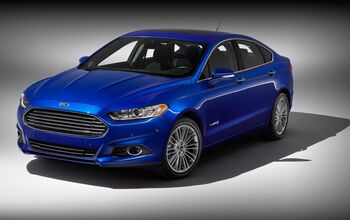
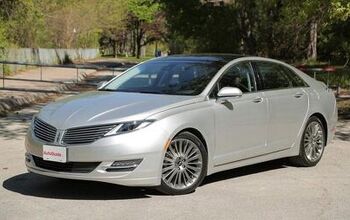
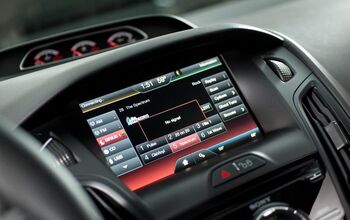




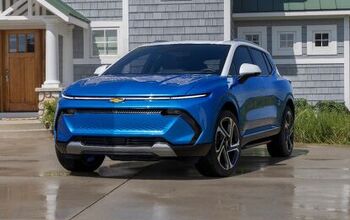
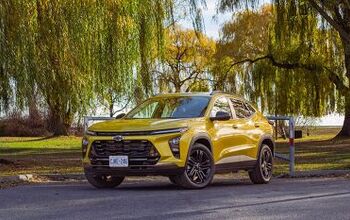
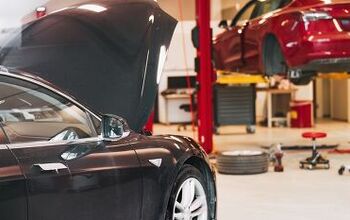



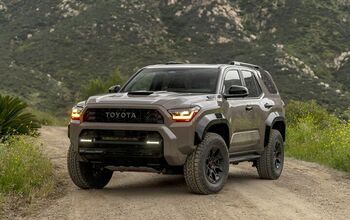
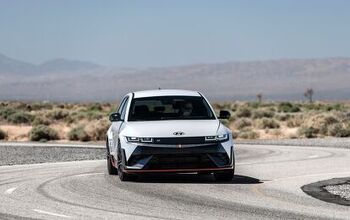
Comments
Join the conversation
I still can't believe Ford got off so easily on this. Even Hyundai gave people gas cards.
Had my 13 Fusion Hybrid ECU upgrade 2 weeks ago. Measured MPG for two fill ups since then. Approximately same average 39.8 mpg. However, the Fuel Computer Display became much more optimistic - like showing 50+ mpg whereas before the "upgrade" it was much closer to the real mileage showing 40 to 41 mpg. Appears Ford simply reprogrammed the display to assuage PO'd customer expectations.